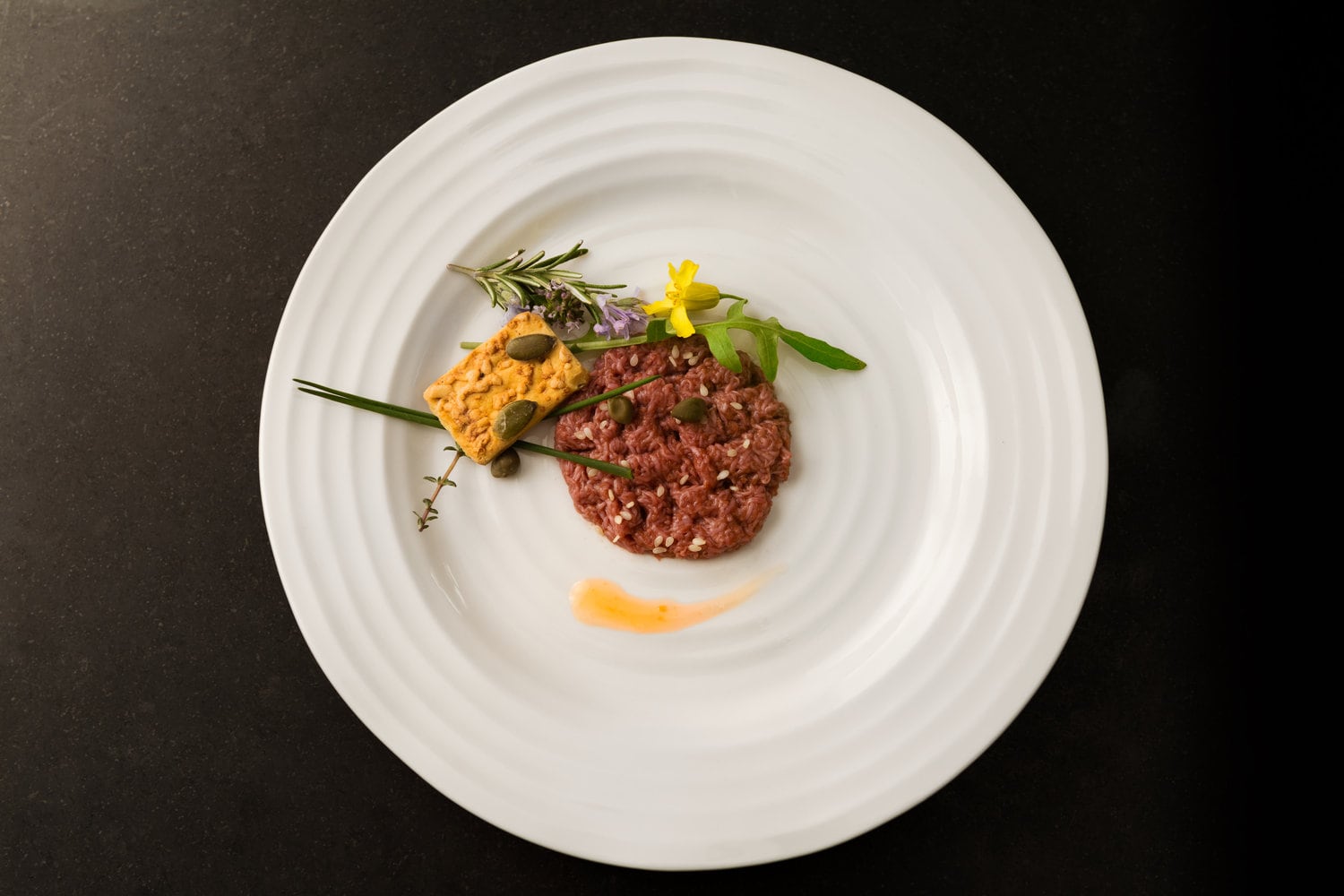With funding from the Department of Science, Innovation and Technology’s Engineering Biology Sandbox Fund, the programme will aim to ensure that Cell-Cultivated Products (CCPs) are safe for consumers before going on sale while also supporting innovation in the sector.
A team of scientists and regulatory experts will collaborate with academic bodies, the CCP industry and trade organisations during a two-year programme in order to guide the FSA and Foods Standards Scotland (FSS) before they begin assessing applications from manufacturers.
The FSA will provide clearer guidance to businesses and address questions before any CCPs can enter the market, but has committed through the programme to completing the full safety assessment of two CCPs within the next two years.
Eight CCP companies have been selected to participate in the programme following a rigorous selection process that aimed to reflect the diverse range of technologies, processes and ingredients used in CCP production.
Participating firms include Hoxton Farms (UK), BlueNalu (USA), Mosa Meat (The Netherlands), Gourmey (France), Roslin Technologies (UK), Uncommon Bio (UK), Vital Meat (France) and Vow (Australia).
“Safe innovation is at the heart of this programme,” said Professor Robin May, chief scientific advisor at the FSA.
“By prioritising consumer safety and making sure new foods, like CCPs are safe, we can support growth in innovative sectors. Our aim is to ultimately provide consumers with a wider choice of new food, while maintaining the highest safety standards.”
Science minister Lord Vallance added that the programme would give businesses the confidence to innovate and accelerate the UK’s development as a leader in sustainable food production.
“This work will not only help bring new products to market faster, but strengthen consumer trust, supporting our Plan for Change and creating new economic opportunities across the country,” he concluded.
The FSA will also work closely with academic partners including the Cellular Agriculture Manufacturing Hub (CARMA) led by the University of Bath, National Alternative Protein Innovation Centre (NAPIC) and the Bezos Centre for Sustainable Protein.
Mosa Meat chief scientific officer Mark Post welcomed the firm’s selection to participate in the programme and said that the firm was “excited to contribute the knowledge of our 70+ scientists toward a co-learning process that benefits the Food Standards Agency and other cultivated meat and seafood companies”.
“These are exactly the kind of public-private partnerships we envisioned when we debuted the world’s first cultivated burger right here in London in 2013,” he added.





